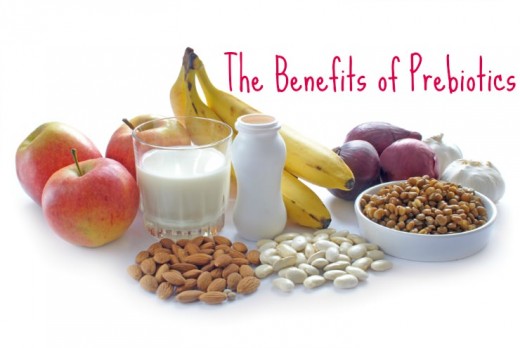What are prebiotics
What are prebiotics
According to the Journal of Nutrition (March 2007), a prebiotic is defined as a selectively fermented ingredient, which allows specific changes in both the composition and activity in the gastrointestinal micro flora that confers benefits upon host well-being and health.
In simpler terms 'Prebiotics' refers to substances which stimulate the growth and activity of microorganisms, responsible in maintaining the well-being of the host. The commonest dietary example is the non-digestible, fibrous compounds which pass through the esophagus, creating a nutrition-rich, warm and oxygen free environment for the healthy bacteria in the gut including bifidobacteria and lactobacilli, thereby increasing the resistance to pathogens.
Moreover, several research studies have demonstrated a remarkable beneficial effect of prebiotics on absorption of calcium and other minerals, maintenance of a strong immune system, reduction in bowel acidity and reduction of the risk of pathological conditions like hypertension, inflammatory bowel disease (Crohn's disease and ulcerative colitis) and colorectal carcinoma.
The commonest prebiotics, which occur naturally include inulin, Fructooligosaccharides, galactooligosaccharides, lactulose and lafinose.
Inulin is a soluble dietary fibre, which is known to be contained in over 36,000 different plants but as the food industry and agriculture developed, the availability of these natural plants has become limited. Five-eight servings of fruits and vegetables per day is the ideal amount of prebiotics required for an average individual. However, in the the modern world where the need for functional food has arised, prebiotics are also added to every day choices of food like cereals, biscuits, youghurts, table spreads and bread. In addition to that, even though food items like Asparagus, garlic, leeks, banana, wild yam and onions are known to be rich in prebiotics and prebiotic fibres, a person may need to consume a large quantity of these to fulfill the requirements of the body, in order to maintain a healthy gut flora. Therefore, people tend to choose prebiotic or synbiotic supplements (a combination of probiotic and prebiotic supplement) like Prebiotin, which contains inulin and oligofructose, to ensure the required intake of these compounds.
In a nutshell, Prebiotics, which have numerous medically proven benefits, are a must in a healthy diet, where the requirement can either be fulfilled with diet or supplements.
What are prebiotics




